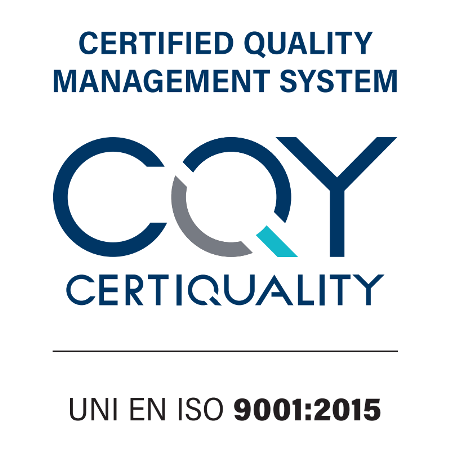You are looking for a job, and out of 100 applications, no one has called you yet. You are probably asking yourself what’s wrong with your CV, why don’t you get invited for an interview, etc.
Before you start descending into The Dark Realm of the ones who complain about recruiters, here are some recommendations from us to help you through your job search.
Please note that every point name is an allegory; if you can get that, you are already a step ahead in your job search.
1)Sun Tzu: master of Job Seeking
In his “The Art of War,” Sun Tzu wrote: “If you know the enemy and know yourself, you need not fear the result of a hundred battles.”
Looking for a job is like a battle. That’s why you need to understand your strengths, best skills, and weaknesses. Before starting your job search, you should take time to understand your selling points and what a potential employer might find interesting about you. Write down all your skills and grade them, then select the most appropriate for the job you are applying to. Do the same thing for the skills you are working on, which will improve in the following months.
2)Sun Tzu: Master of Job Seeking, part 2
It is not enough to know your strengths, you should know a potential employer from A to Z, or at least you should try. Companies nowadays have many communication channels: Social Media, websites, Press, and many more. Go on their pages and study their business and how it’s evolving: their values and story. The more you know, the more you’ll be prepared for their questions.
Take some time to investigate websites – like Glassdoor – the experience that previous applicants had with that company; you’ll gather the information that won’t appear on the official websites.
3)Every Prom has its dress code
Would you go to a Gala with your flip-flops? I don’t think so! And that’s why you should always customize your cv/resume to the specific job application. Include all the job-relevant skills and mention all the non-work relevant information: if you are applying for a videogame house, they want to know if you are a gamer, so, while writing your CV, dedicate some space to your passions if they are relevant to the job or to the company.
4)The CV is your commercial
Every Recruiter receives hundreds of CVs every day. To stand out from the competition, you must perfect your resume: it has to be well written, contains a professional picture, and generally looks good!
If you are not a Graphic Designer, make sure to use online tools (such as Canva) or templates to create a stunning CV that fits your tastes and needs.
5)Finding a job is a door; Networking is your Passepartout
LinkedIn is the biggest weapon in your job search journey, but you shouldn’t make the mistake of taking care of your profile just when in need.
You should invest time in creating a functional network for your interests and goals: add some people from the same industry or with a similar job. Be active with comments and posts, you’ll get a lot of visibility, and employers will find you. You will also get a lot of visibility on job posts reposted from your contacts.
Apart from LinkedIn, it would help if you also tried to attend events related to your job. You’ll meet people face to face (or mask to mask), and once you know each other, it will be easier to be contacted for a vacancy.
6)Wax on, Wax off: train yourself for the big match
I’ve never seen an athlete going to the Olympic Games without training, and you shouldn’t go to an interview without the proper training.
You can first search for a long list of common interview questions and answer them (write it down the first time). Read your answers and improve them by adding some practical cases you have faced during your career or studies.
If you find a friend who can simulate the interview, do it!
7)Pic or it didn’t happen
While preparing yourself for the interview, be sure to have some proof of your skills or knowledge. If you are an organized person, you should be able to demonstrate it with some examples from your career or academic life. The same applies to specific skills such as software, tools, machines, and techniques.
8)Question Time?
At the end of the interview, there’s always time for some questions, and you should take this opportunity to shine once again.
This is not the time to ask for a parking spot, ask things regarding the daily routine, the best projects the team is working on, etc. You’ll get new, in-depth, information about the job.
9)Clocks don’t wait
That doesn’t mean you should arrive at the office 1 hour earlier; 10/15 minutes before are fine. If you arrive early, it’s better to wait outside and knock on the door 10 minutes before the appointment.
On the other hand, being late may happen to any of us; if it happens, call your contact person in the company (usually the Recruiter) and apologize for your delay.
10)“Don’t stop believin’,” but better not to stop sending your CV
Some candidates stop sending CVs or participating in interviews because they are at the final stage of another recruitment process. DON’T DO THAT.
The position can be closed internally, shut down by the employer, or they might even choose another person! That’s why you shouldn’t stop searching before you sign the contract.
Bonus Track: stay positive! Searching for a job is a job itself and usually a hard time. Don’t let the guard down, and prepare yourself for every interview.


